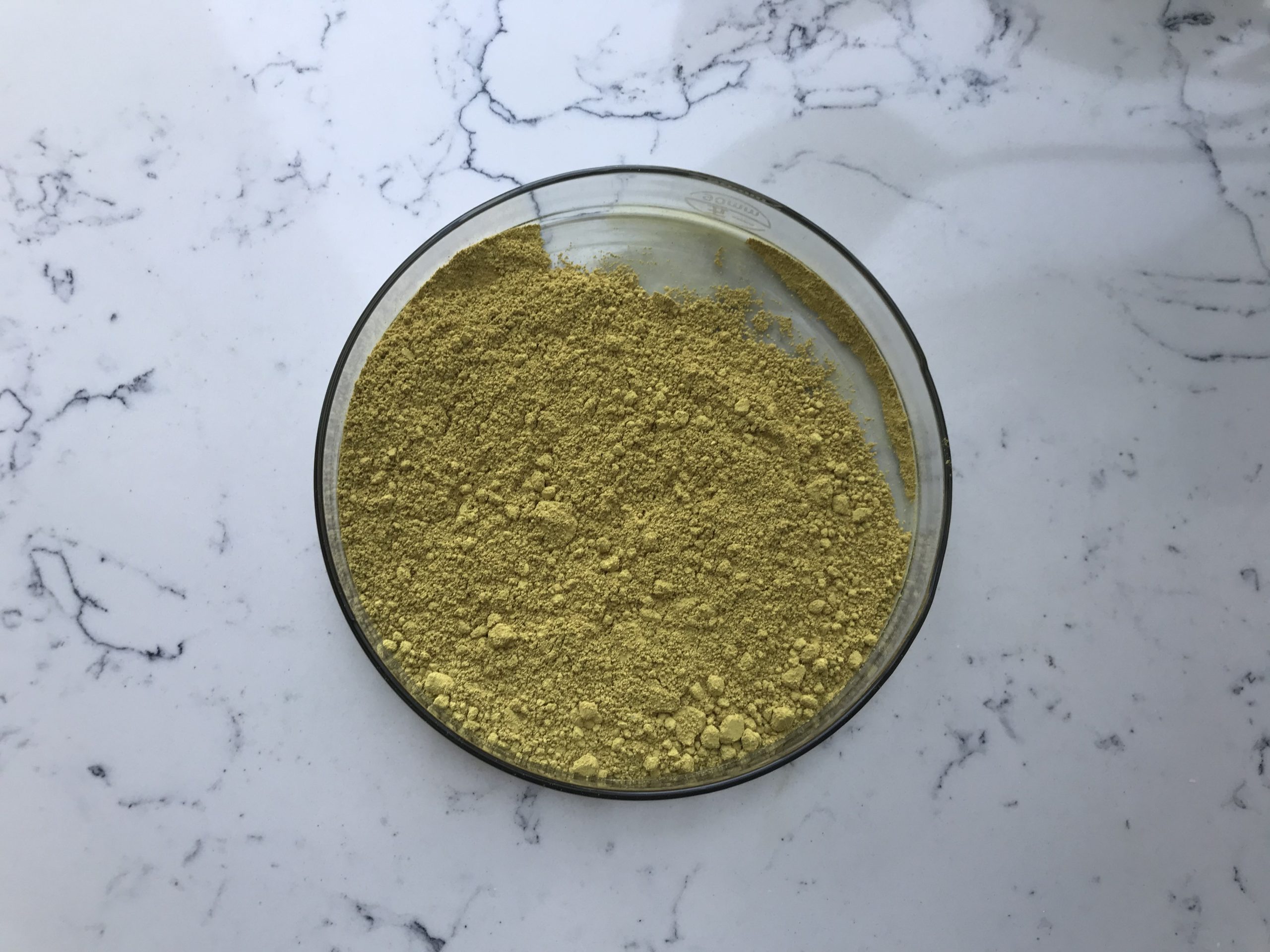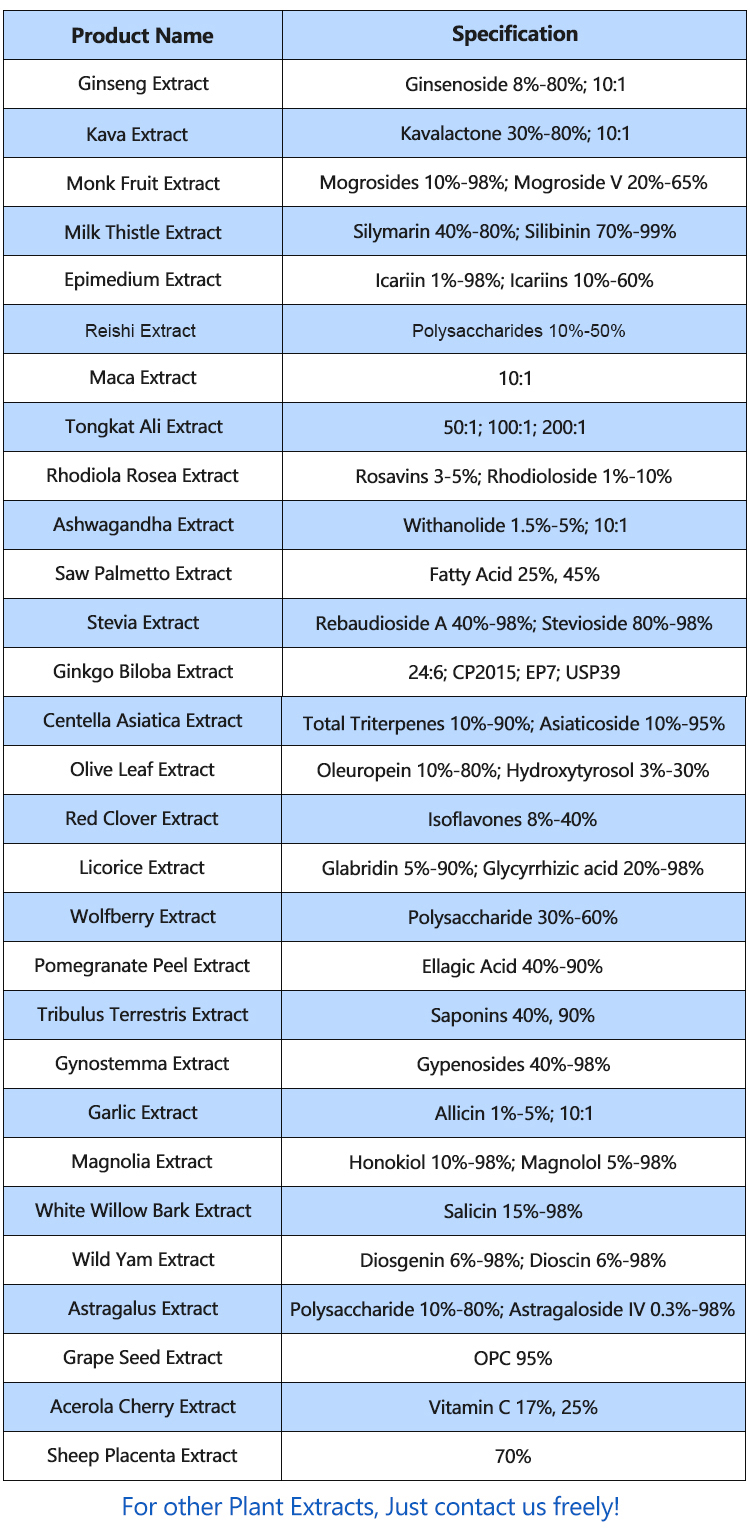Fisetin is a naturally occurring flavonoid found in various fruits and vegetables, including strawberries, apples, grapes, persimmons, and onions. It belongs to the flavonoid class of polyphenolic compounds, known for their antioxidant and anti-inflammatory properties.
Key Information of Fisetin:
1.Source:
- It is primarily found in fruits and vegetables such as strawberries, apples, grapes, persimmons, and onions.
- Fisetin is most abundant in strawberries, making them a popular source of this flavonoid.
2.Chemical Structure:
- Fisetin has a chemical structure similar to other flavonoids, featuring multiple hydroxyl groups that enable antioxidant and anti-inflammatory activity.

3.Health Benefits:
- Antioxidant Properties: Fisetin has strong antioxidant properties, which help neutralize free radicals in the body. This can reduce oxidative stress and inflammation, potentially contributing to the prevention of chronic diseases such as cancer, cardiovascular diseases, and neurodegenerative disorders.
- Anti-inflammatory Effects: It is thought to have anti-inflammatory effects, which can help mitigate inflammation-related conditions.
- Neuroprotective Effects: Research suggests that fisetin might have potential neuroprotective effects, possibly aiding in the prevention of age-related cognitive decline and neurodegenerative diseases like Alzheimer’s.
- Anti-cancer Potential: Some studies indicate that fisetin might have anti-cancer effects, possibly through inhibiting cancer cell growth and metastasis. However, most of these findings are based on cell and animal studies rather than human clinical trials.
4.Dosage and Use:
- The recommended dosages for fisetin supplements vary, but typical daily doses range from 500 mg to 1000 mg. It can be taken in supplement form or as part of a diet rich in fruits and vegetables.
5.Safety:
- Fisetin is generally considered safe when taken within the recommended dosages. However, high doses might cause digestive discomfort, and further research is needed to fully understand potential long-term effects.

Research:
While initial studies show promising results, more clinical trials and human studies are needed to fully confirm the health benefits of fisetin and its mechanisms of action.
Would you like more detailed information on any of these points?
